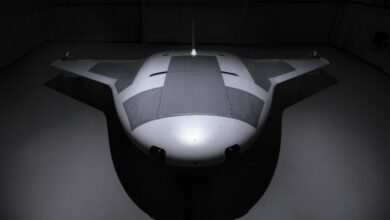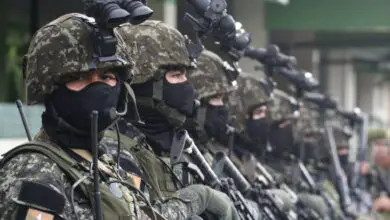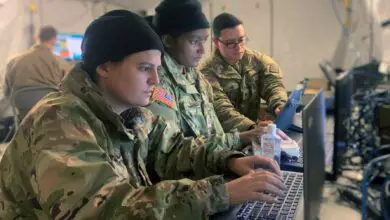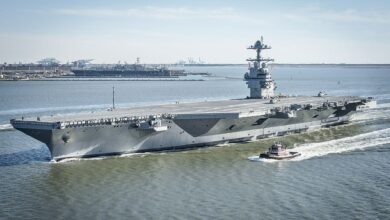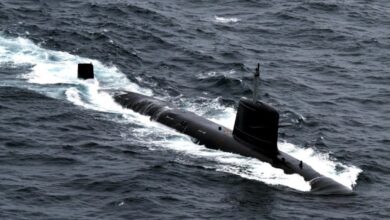Indonesia’s $125B Defense Investment to Include 50 Warships
Indonesia has revealed that a portion of its planned $125 billion investment in defense will go to procuring up to 50 new warships over the next two years.
Defense minister Prabowo Subianto revealed that news of the allocation has reached Indonesian President Joko Widodo, who has voiced “tremendous support” for the military’s procurement proposals.
Subianto has not provided specific details about the warships the Indonesian Navy will deploy.
According to a report by Breaking Defense, the loss of one of Indonesia’s aging submarines last year and persistent Chinese incursions into the island nation’s economic zone likely prompted Prabowo and Joko to increase defense investments.
Last year, Babcock International signed an agreement with Indonesia’s PT PAL to construct two modified versions of the AH140 frigate in Jakarta. Prabowo has also signed contracts for six Italian FREMM multi-role frigates and two refurbished Italian Navy Maestrale-class light frigates.
‘Biggest Obstacles’
Australian history professor Robert Cribb told Breaking Defense that the army’s dominance in Indonesia could create some obstacles to meeting the higher-tech needs of the navy and air force.
He noted that deeply-rooted beliefs among many Indonesians that “money spent on improving welfare is a better defense investment than hardware” could also negatively affect the planned multibillion-dollar investment.
Australian national security expert Natalie Sambhi remarked that the “unacceptable” act of allowing other countries to routinely pilfer its fisheries and infringe on its sovereignty motivates Indonesia to modernize its naval forces.
“Indonesia knows it’s never going to have sufficient naval capabilities to repel the Chinese attacks effectively, but it has to do something,” she said.
Sambhi went on to add that Indonesia has a defense minister with a military background and has been very active in establishing defense ties with other countries amid the pandemic.
“Yes, we can talk about his own political goals for that, but at the end of the day he has been very active in actually pushing forward this modernization program,” she explained.


